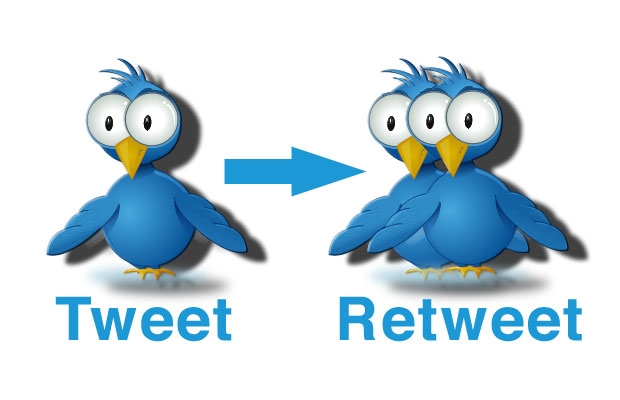Too Much Social Media Sharing Affects Learning
/ How much time do you spend each day giving feedback on social media posts? A study by researchers at Peking and Cornell Universities found that too much sharing on microblogging sites Twitter and Weibo causes cognitive issues.
How much time do you spend each day giving feedback on social media posts? A study by researchers at Peking and Cornell Universities found that too much sharing on microblogging sites Twitter and Weibo causes cognitive issues.
Here are highlights of the findings:
- Reposting online messages interferes with online information comprehension.
- Reposting further compromises performance in a subsequent unrelated learning task.
- Cognitive overload mediates the negative effect of reposting.
A premise of the study is how few original posts are on each site:
At Weibo, for instance, 4.8% users contribute more than 80% of the original posts, whereas the majority users primarily comment on or repost others' messages (Fu & Chau, 2013). Similarly, more than half of Twitter users never post a message, whereas the top 10% most active users contribute to over 90% of all content (Kaplan & Haenlein, 2011).
From studying student-participants, the authors concluded that reposting items "interfered with participants' information comprehension both online and offline." The authors warn that people attend to functionality for feedback rather than content, and that more cluttered interfaces (um, Facebook's six new Reactions?) isn't helping. They also say that valuable time spent on cognitive functions, such as reflecting on and integrating information, is impaired, reducing our ability to process and comprehend information.
Discussion Starters:
- Intuitively, does this study make sense to you? Why or why not?
- How do you think this research may translate to other social media platforms or online activities?
- An article by The Independent was titled, "Why resharing on social media could be making you more stupid." Is this an overstatement? Why or why not?


